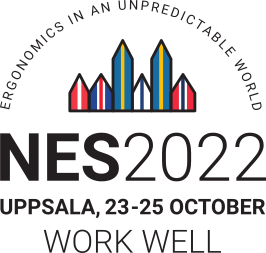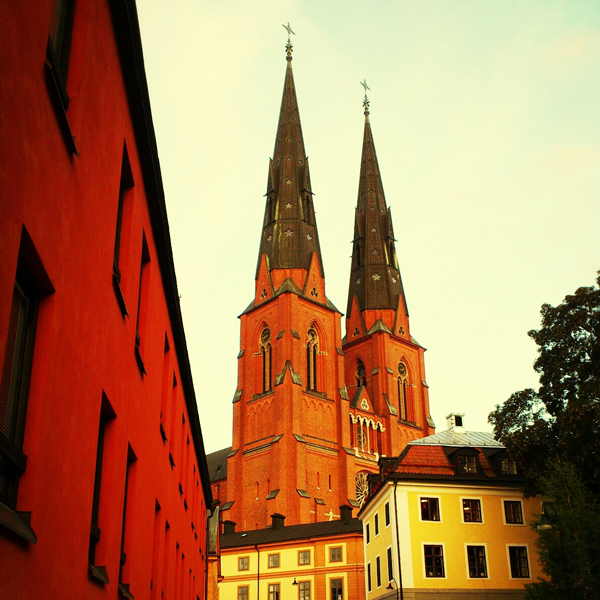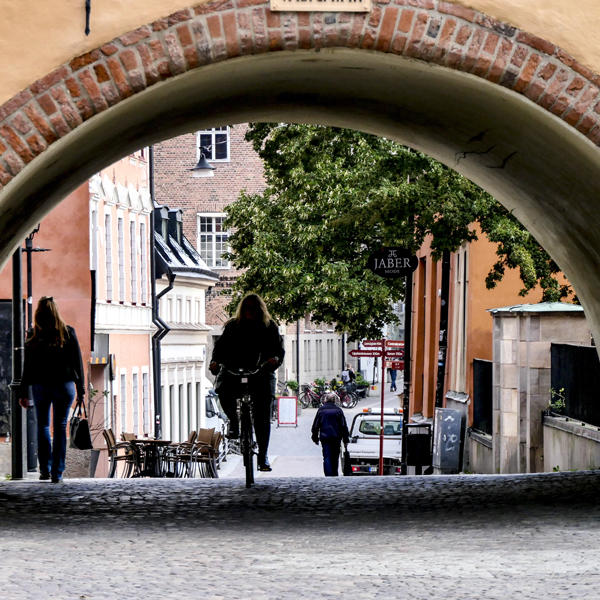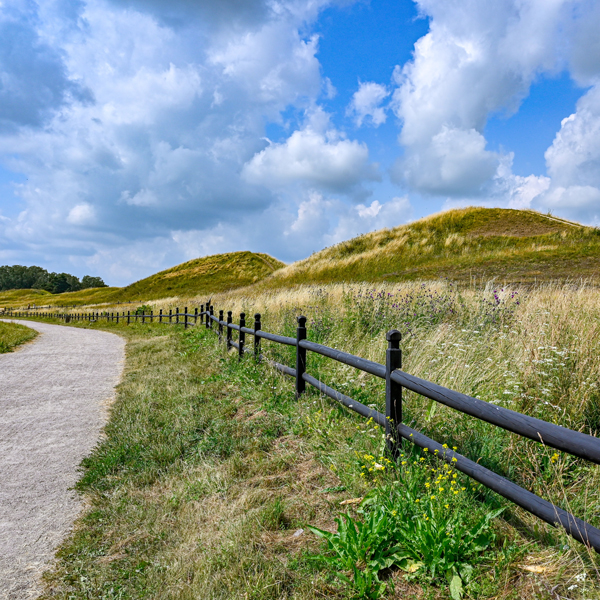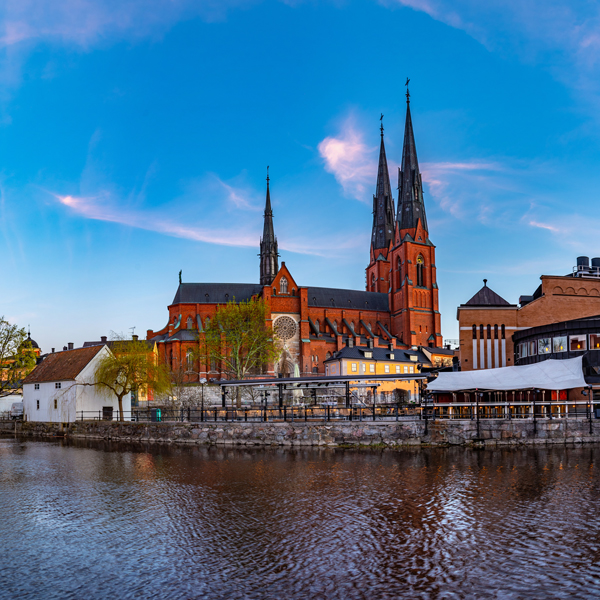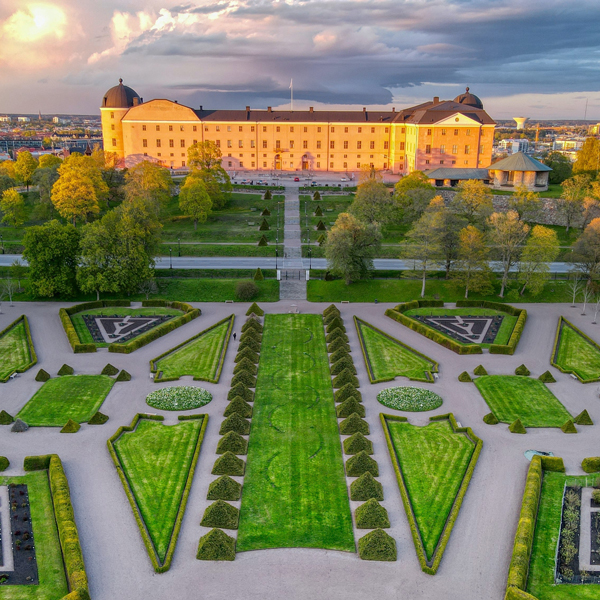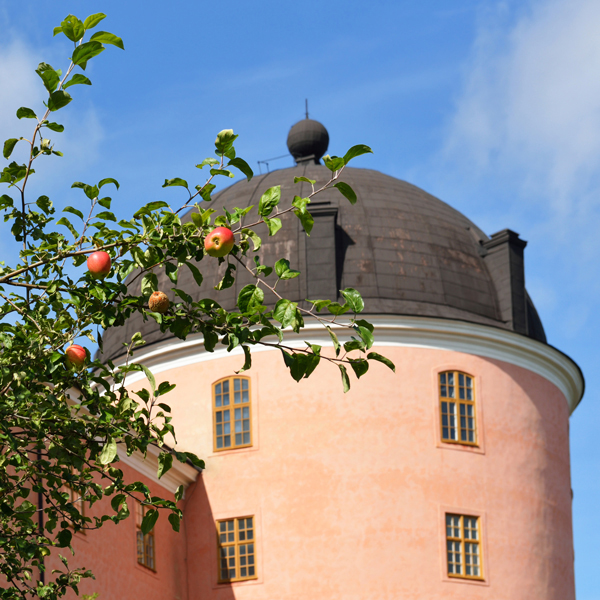Thank you for your participation in the conference!
New extended deadline for the special issue January 31 2023
All NES2022 authors are invited to submit an extended manuscript to the upcoming NES2022 special issue in the scientific journal International Journal of Human Factors and Ergonomics (IJHFE). The deadline is January 31 2023.
For more information, see the call for papers on the homepage of the journal
Please note that authors can submit a manuscript that is based on the conference paper, as long as it has been substantially revised, expanded and rewritten (50% additional material).
Manuscript word count should add to at least 5000 and up to 7000 words (excluding Figures, Tables, References and any Appendices).
PhD holders within the authorship teams will likely be invited to double-blind peer-review another submission to the journal.
The Conference Proceedings are available in DiVA, klick here to access them.
Kind regards,
NES Organising Committee
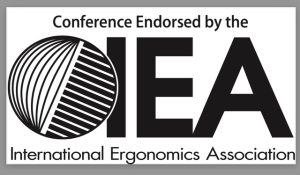
NES2022 was very successful, joining over 130 participants from countries all over the world.
We have had three very rewarding days, filled with interesting keynotes, oral presentations, the get-together on Sunday, workshops as well as an interesting selection of companies and organisations in the exhibition. We have had many interesting discussions with colleagues, and we hope you have as well.
The Conference Proceedings are available in DiVA, klick here to access them.
Finally, we hope to meet you all again at future NES conferences!
Kind regards,
NES Organising Committee

Sponsors and exhibitors
Venue and hotels
NES 2022 took place at Norrlands Nation Fest & Konferens. Do not hesitate to take a virtual tour through this beautiful venue from 1889 located in the heart of the city of Uppsala.
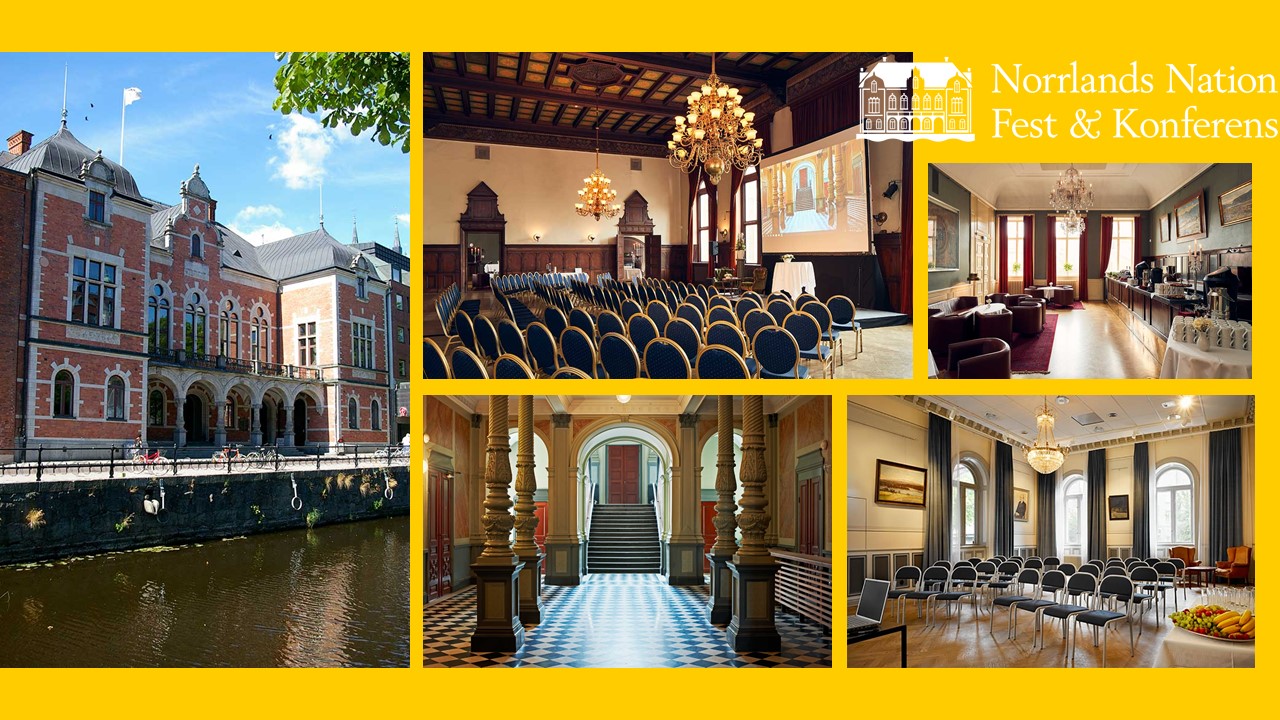
Registration
Registration for NES 2022 is now closed.
Detailed conference program
The conference program included plenary sessions, parallel sessions with paper presentations, hands-on workshops, exhibitions, and social activities.
The event started on Sunday afternoon 23 October with registration and an informal get-together with finger food and drinks.
Monday 24 October began with registration and the opening ceremony, followed by plenary and parallel sessions and workshops. The conference dinner was held at 19.00 in the same building.
Tuesday 25 October began with plenary keynote presentations, followed by parallel sessions. The closing ceremony ended at 16.00.
The detailed conference program can be viewed here.
The conference structure can be viewed here.
Key note speakers
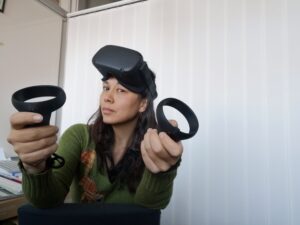 Cecilia Berlin is an Associate Professor of Production ergonomics and Socially sustainable workplace design at Chalmers University of Technology in Gothenburg, Sweden. She has written a textbook on the subject of Production Ergonomics that is freely available online, and created a series of short films on the topic of cognitive ergonomics at work with the Swedish organization Prevent. Besides carrying out research in a variety of work contexts (most recently in VR!), she is also frequently recruited as a public speaker for public and private organizations in and outside of Sweden. Cecilia always wishes she had more time to dance, and has recently attempted to blend it with work by trying out dancing in VR and in an exoskeleton.
Cecilia Berlin is an Associate Professor of Production ergonomics and Socially sustainable workplace design at Chalmers University of Technology in Gothenburg, Sweden. She has written a textbook on the subject of Production Ergonomics that is freely available online, and created a series of short films on the topic of cognitive ergonomics at work with the Swedish organization Prevent. Besides carrying out research in a variety of work contexts (most recently in VR!), she is also frequently recruited as a public speaker for public and private organizations in and outside of Sweden. Cecilia always wishes she had more time to dance, and has recently attempted to blend it with work by trying out dancing in VR and in an exoskeleton.
Her keynote will be entitled ”Meet the world – the extended family tree of the Ergonomics and Human Factors professional”. Drawing on her practical experiences of discussing Ergonomics and Human Factors (E/HF) in many different settings and with a variety of stakeholders from different sectors, Cecilia will reflect on the variety of professional and academic disciplines that the E/HF community may encounter and have a possibility of influencing. The challenge is how to seem very broad and very specialized at the same time, and also how to seem new and fresh while also seeming very familiar.
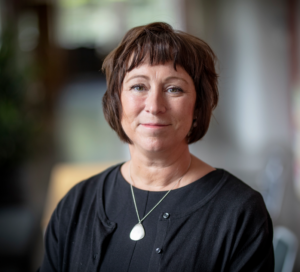 Åsa Cajander is a Professor of Human-Computer Interaction at Uppsala University. The goal with her research is to contribute to improved digitization with human needs at the centre. Specifically, she researches methods for organizations and IT projects for developing and implementing IT. She has also researched the skills that the people in the IT projects need to master to work with the development of complex systems that support people.
Åsa Cajander is a Professor of Human-Computer Interaction at Uppsala University. The goal with her research is to contribute to improved digitization with human needs at the centre. Specifically, she researches methods for organizations and IT projects for developing and implementing IT. She has also researched the skills that the people in the IT projects need to master to work with the development of complex systems that support people.
Her keynote will be entitled ”Digitalisation and the work environment”. Software engineering is complex, and many IT systems do not work satisfactorily despite intensive technology development. Digitization today has a significant impact on our work environment. In this keynote, Åsa will present research on the causes of the problems and what can be done to improve the situation.
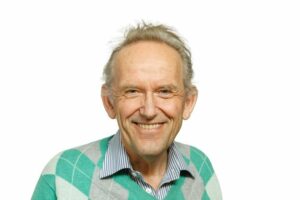
Magnus Svartengren is a qualified specialist in occupational and environmental medicine. He is currently professor and research group leader for occupational and environmental medicine at Uppsala University. He has a broad experience from human experimental and epidemiological research mainly regarding environmental effects primarily in the cardiorespiratory field and intervention studies aiming at healthy workplaces. Svartengren is a member of the scientific advisory board for the Swedish Agency for Health Technology Assessment and Assessment of Social Services (SBU). He has experience from working for the National Swedish Board of Health and Welfare and the Swedish Work Environmental Authority.
His keynote will be entitled ”Research and development for future working life”. There is a need to develop methods in changing environments for long term resilience. The goal is to improve job attractiveness. The system needs to be inclusive and based on data what the actual challenges are. Magnus will present results from ongoing work in this area.
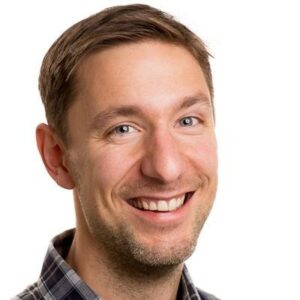 Ole Andreas Alsos is associate professor at the Department of Design and vice dean for Innovation and Dissemination at the Norwegian University of Science and Technology (NTNU).
Ole Andreas Alsos is associate professor at the Department of Design and vice dean for Innovation and Dissemination at the Norwegian University of Science and Technology (NTNU).
His Keynote will be entitled Human factors in the age of autonomous systems and is based on experiences of the design and development of the world’s first urban city ferry that will be put into operation in just a couple of weeks! When the operator is moved from ship to shore, a number of consequences follow on how we must think about human factors in the future.
